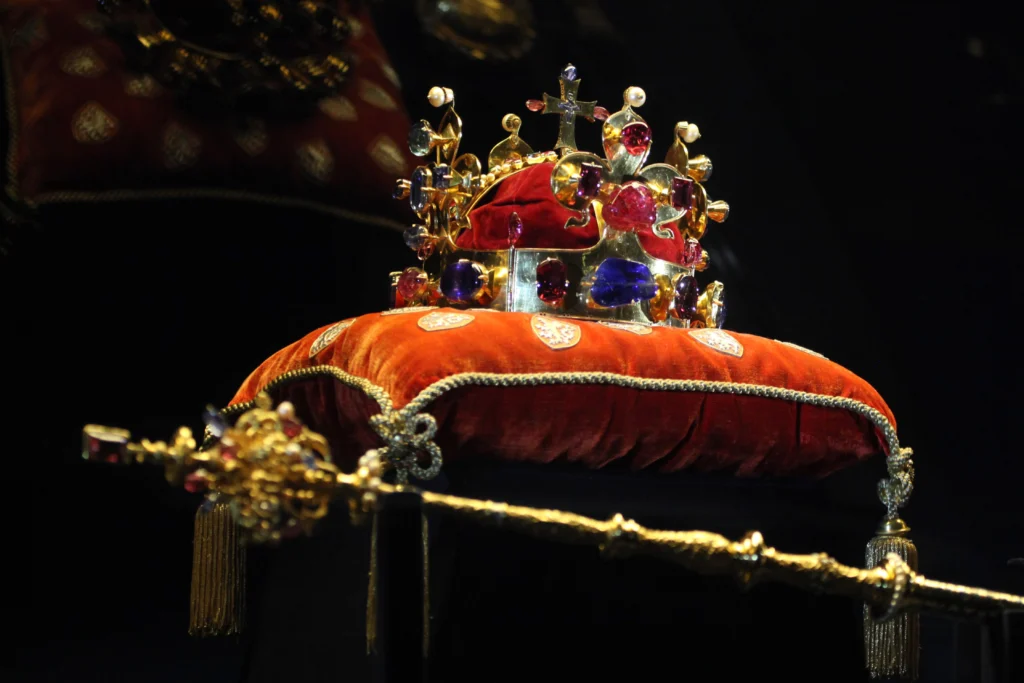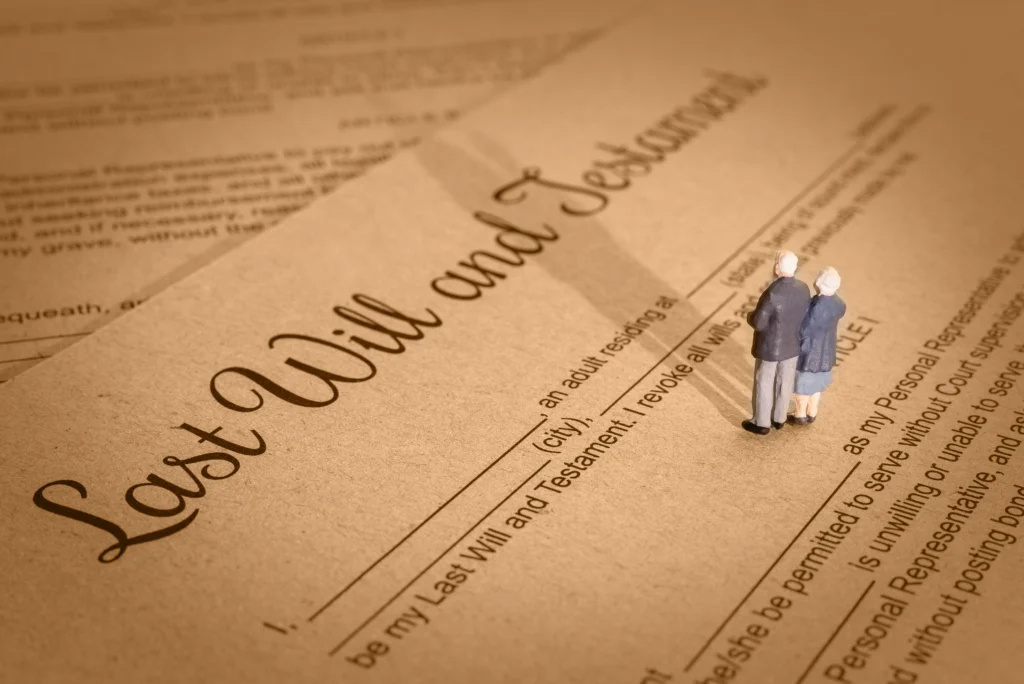Estate Planning
How to Protect Your Legacy and Your Loved Ones

By Daniel Khaldarov
No one likes to think about what will happen after they’re gone, but estate planning isn’t just about preparing for the inevitable. It’s about taking the necessary steps to prevent serious financial, legal, and emotional burdens from overwhelming your family before it’s too late. Death is difficult enough for families as it is; you can make it significantly easier by planning ahead. By leaving behind a well-structured estate plan, you create a legacy of care and responsibility, rather than increasing the potential for conflict and turmoil among your loved ones.
What is Estate Planning and Why Does It Matter?
Simply put, an estate is everything you leave behind when you die. Estate planning is a comprehensive strategy designed to manage and distribute your assets in a way that aligns with your wishes and protects your loved ones from unnecessary legal and financial hardships.
Without an estate plan:
- You have no control over who distributes your estate;
- You have no control over who will inherit from you and what their share will be, and you could accidentally disinherit your loved ones;
- You have no control over who will raise your children in your stead;
- You have no control over who will make your financial and healthcare decisions if you become incapacitated;
- You have no control over your end-of-life care if you become terminally ill or permanently unconscious;
- Your estate will have to go through probate, a legal process where the court supervises the administration of your estate. Probate in New York can take many months and end up leaving nothing to your beneficiaries after all attorney and court fees are paid;
- If you become incapacitated, the people closest to you will need to go through a court process to establish guardianship in order to manage your affairs. Expect this to generate significant legal fees, even if it is uncontested;
- You may leave behind a large estate tax bill, leaving less for your beneficiaries;
- You may miss out on strategies to minimize income taxes for you and your beneficiaries;
- Your assets may be lost if you or your beneficiaries face lawsuits, bankruptcy, or divorce, when they could have been otherwise been protected;
- If you have any children with special needs, they could lose essential government benefits as a result of inheriting; and
- Without a plan, many families are torn apart over disputes regarding the estate. A well-made estate plan can help you avoid creating these conflicts and preserve family unity.
As you can see, the list of drawbacks for not having an estate plan is enormous. That is why it is absolutely vital that everyone has a proper estate plan in place.
Essential Components of an Effective Estate Plan
There are several documents that are part of a comprehensive estate plan. These include:
Will: A will outlines how your assets should be distributed and appoints guardians for any minor children. It ensures that your wishes are legally enforceable and who should be the one in charge of administering your estate. While it is integral to any estate plan, a will alone is insufficient for two main reasons: it offers no protection if you become incapacitated, and unlike a trust, it must go through probate.
Trust: Trusts allow for significantly more control and flexibility over when and how your assets are distributed. They are often the primary tool used to avoid probate but, depending on the design, can also be used for: Medicaid planning, asset protection, special needs planning, and more. This is often the most powerful tool in any estate plan.
Power of Attorney: A power of attorney (POA) appoints someone to make legal and financial decisions on your behalf if you’re unable to do so. A properly executed POA is absolutely essential to ensure that your affairs can continue to be managed if you become incapacitated and to avoid having to go to court to be appointed a guardian.
Health Care Proxy and Living Will: A health care proxy designates the individual that you want to make decisions regarding your healthcare if you become incapacitated. A living will allows you to record your wishes about your end-of-life care if you become terminally ill or permanently unconscious. These documents ensure that your healthcare wishes are respected.
Beneficiary Designations: Accounts like life insurance policies, retirement funds, and certain bank accounts pass directly to named beneficiaries, so it’s important to keep these updated as part of your estate plan to avoid those assets from becoming a part of the probate estate.
When Should You Start Estate Planning?
The best time to start estate planning is now. Life is unpredictable, and having a plan in place gives you control over what happens to your assets and your family’s future. Even if you don’t have significant wealth, estate planning can save your loved ones time, money, and stress. You can always update your plan in the future as your circumstances change.
Let’s Create a Plan That Works for You
Estate planning is a thoughtful gift to your family. It’s not just about who gets what—it’s about protecting those you care about, ensuring your wishes are honored, and preventing unnecessary financial burdens. Whether you’re creating your plan for the first time or need to update an existing one, working with a knowledgeable estate planning attorney can make all the difference.
If you’re ready to get started, I’m here to help. Contact the Law Office of Daniel Khaldarov today to schedule a consultation, and together, we’ll build a plan that protects your legacy and provides peace of mind for you and your loved ones with security that lasts for generations.




